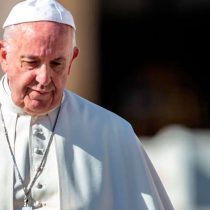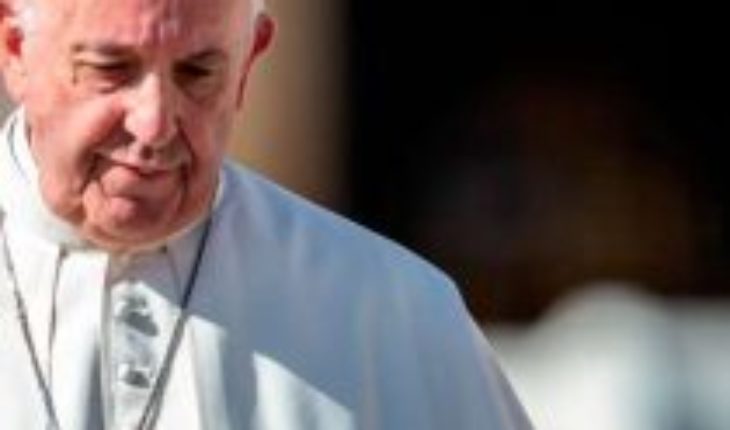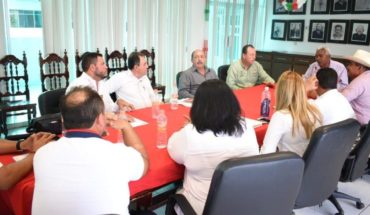
After the “Dear Amazonia” was unveiled, the Apostolic Exhortation in which Pope Francis summarizes the synod’s conclusions about the region, it draws great attention that there is a sense of genderd disappointment alizada in relation to the possibility of having married priests, when the importance of this text lies in that it directly addresses such contingent matters as water care and biodiversity, coexistence with the original peoples, reducing inequality, seeking justice, the need to review the roles of the clergy and laity, and respect for human rights, among several others that are very much atintable with our Chilean reality.
It is true that there will be no married priests or deacons for now, but the great news of this exhortation is that the Pope reconfirms, with the backing of the hundreds of bishops who participated in the synod, that it is a Christian imperative to take care of the “common house” , while the text refers to the Amazon, it must be interpreted universally, setting precedents for how we need to connect with each other, addressing urgent changes in economic, social and indeed environmental matters.
First, the Pope makes a bold decision to denounce the economic and political landscape present in the Amazon area: “To the initiatives, national or international, which damage the Amazon and do not respect the right of the original peoples to territory and its demarcation, self-determination and prior consent, it is necessary to give them their names: injustice and crime”, thus urging the global entrepreneurship, especially to whom he shares the Christian faith, to adopt economic models sustainable and circular development that conjure economic development in coherence with social development and urgent environmental care.
But the exhortation does not stay in that, it also confirms the need to change the way we relate to the original peoples. “In the Amazon, even among the various indigenous peoples, it is possible to develop intercultural relations where diversity does not mean threat, it does not justify hierarchies of power over one another, but dialogue from different cultural visions, of interrelationship and revival of hope” explains the text. It proposes that we must have a dialogue culture, learn from the original peoples, their vision of nature and religiosity from the connection with it; in order to achieve a multidimensionality of religion, where we are able to recognize in the signs of different visions the common factors that make it possible to ensure that the figure of God is present in Amazonian culture. A paradigm shift, which could transcend to our national reality, in sectors such as the Araucanía or the Altiplano.
The Pope also faces the urgent need to care for millions of believers excluded from the Eucharist, by the absence of priests and low frequency of his visits, calling for the episcopal conferences, not only of the Amazonian countries, to face this need How to do it? Encouraging and encouraging more priests to missionary to the area, and in seminaries, prepare them for the Amazonian world, that is to say tolerant, open to diversity and learning without imposing ideas. In this context, the Pope relieves the role of the laity, especially that of women, declaring and confirming that they play a key role for the church.
Finally, it addresses its concern for Water, vital to the ecosystem around the Amazon River, promoting its care and denoting the existence of economic and political interests in the area, which could alter its abundance with dire consequences for biodiversity and therefore the lifestyles of thousands of its inhabitants.
The topics he addresses are varied, always consistent with his look at Integral Ecology. Worrying about married priests is a detail in the face of the contribution and what this exhortation represents, which I can say was not disappointed.
The content poured into this opinion column is the sole responsibility of its author, and does not necessarily reflect the editorial line or position of El Mostrador.





